Our live coverage of Russia's war in Ukraine has moved here.
June 25, 2023 Russia-Ukraine news
By Rhea Mogul, Andrew Raine, Sophie Tanno, Maureen Chowdhury, Amir Vera and Ashley Williams, CNN
Analysis: Turmoil in Russia could spell trouble for the global economy
Analysis from CNN's Mark Thompson
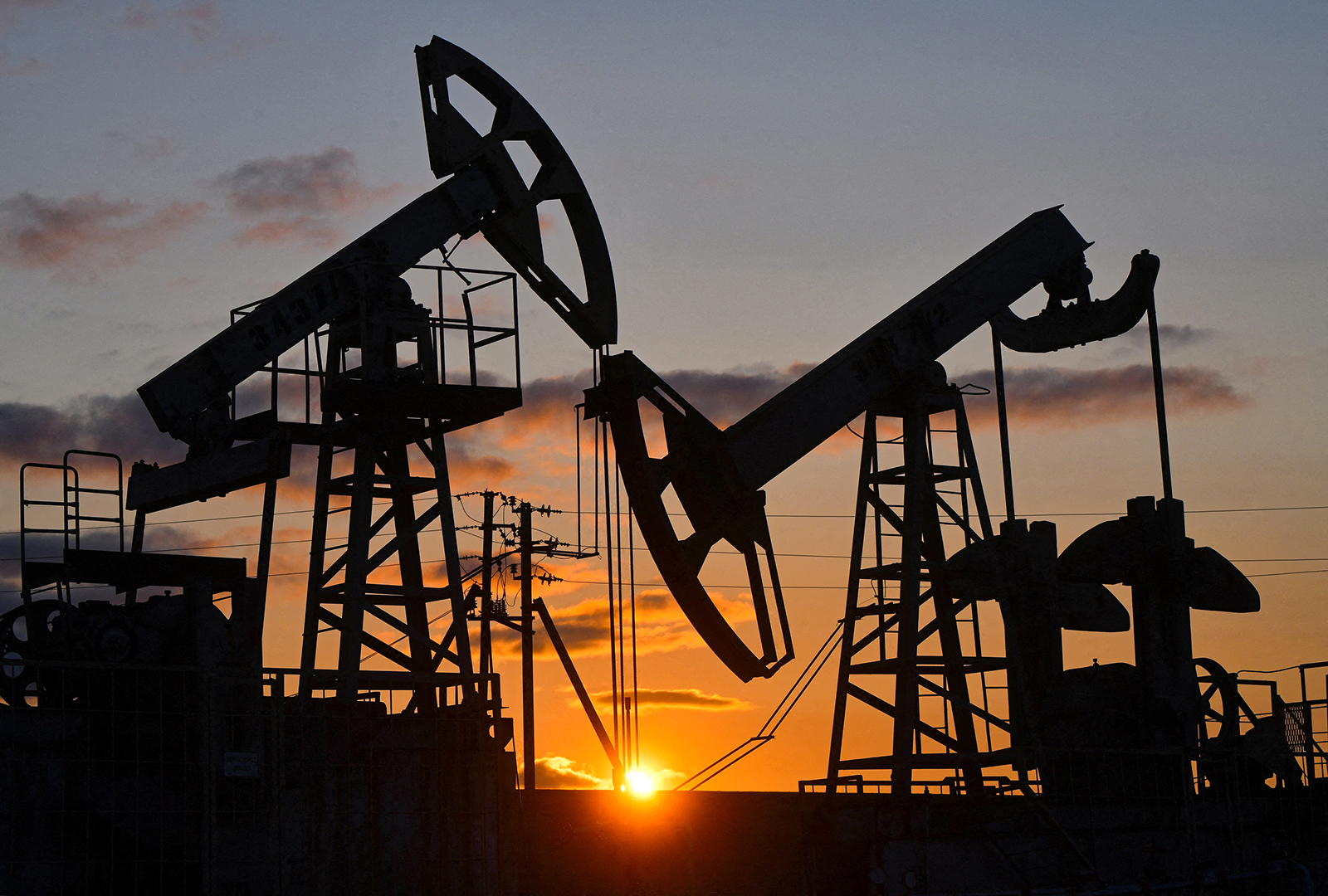
After the pandemic and war in Ukraine, and the inflation shock that followed, the global economy is in a precarious state. The last thing it needs right now is another nasty surprise.
That’s what it nearly got this weekend as disaffected Russian mercenaries marched toward Moscow, drawing a stark warning from President Vladimir Putin that the country was on the brink of a 1917-style “civil war.”
The armed insurrection has been defused — for now — but the most serious challenge to Putin’s authority in 23 years could still usher in a period of turmoil and change.
“Putin has total chaos now,” Yale professor and Russia expert Jeffrey Sonnenfeld told CNN.
Russia has dropped out of the ranks of the top 10 economies in the world, with a gross domestic product roughly the size of Australia’s, but it remains one of the biggest suppliers of energy to global markets — including China and India — despite Western sanctions imposed in the wake of its full-scale invasion of Ukraine in February 2022.
On Saturday, a fellow global energy power, Qatar, expressed “great concern” about the situation in Russia.
“The escalation of the situation in Russia and Ukraine will have negative repercussions on international security and peace, as well as on food and energy supplies,” Qatar’s foreign ministry said in response to news of the rebellion.
Any meaningful loss of Russian energy would force China and India to compete with Western nations for supplies from other producers. If political chaos restricts exports of other commodities, such as grains or fertilizer, that could also send supply and demand out of whack. And that could push up prices for everyone.
Richard Bronze, head of geopolitics and co-founder at Energy Aspects, said markets would now need to figure out the extent to which prices should rise to reflect the greater risk to Russian supply, a view shared by other analysts.
“This seemingly attempted coup only brings uncertainty, which could be reflected through into higher prices,” Matt Smith, lead Americas oil analyst at Kpler said. “Such upheaval and uncertainty as we have seen in recent days could bring support to prices given the potential for supply disruptions — and the fear of them — that wasn’t a consideration prior to the weekend.”
Read the full analysis here.
Beijing throws support behind "strategic partner" Moscow after Wagner insurrection
From CNN's Nectar Gan in Hong Kong
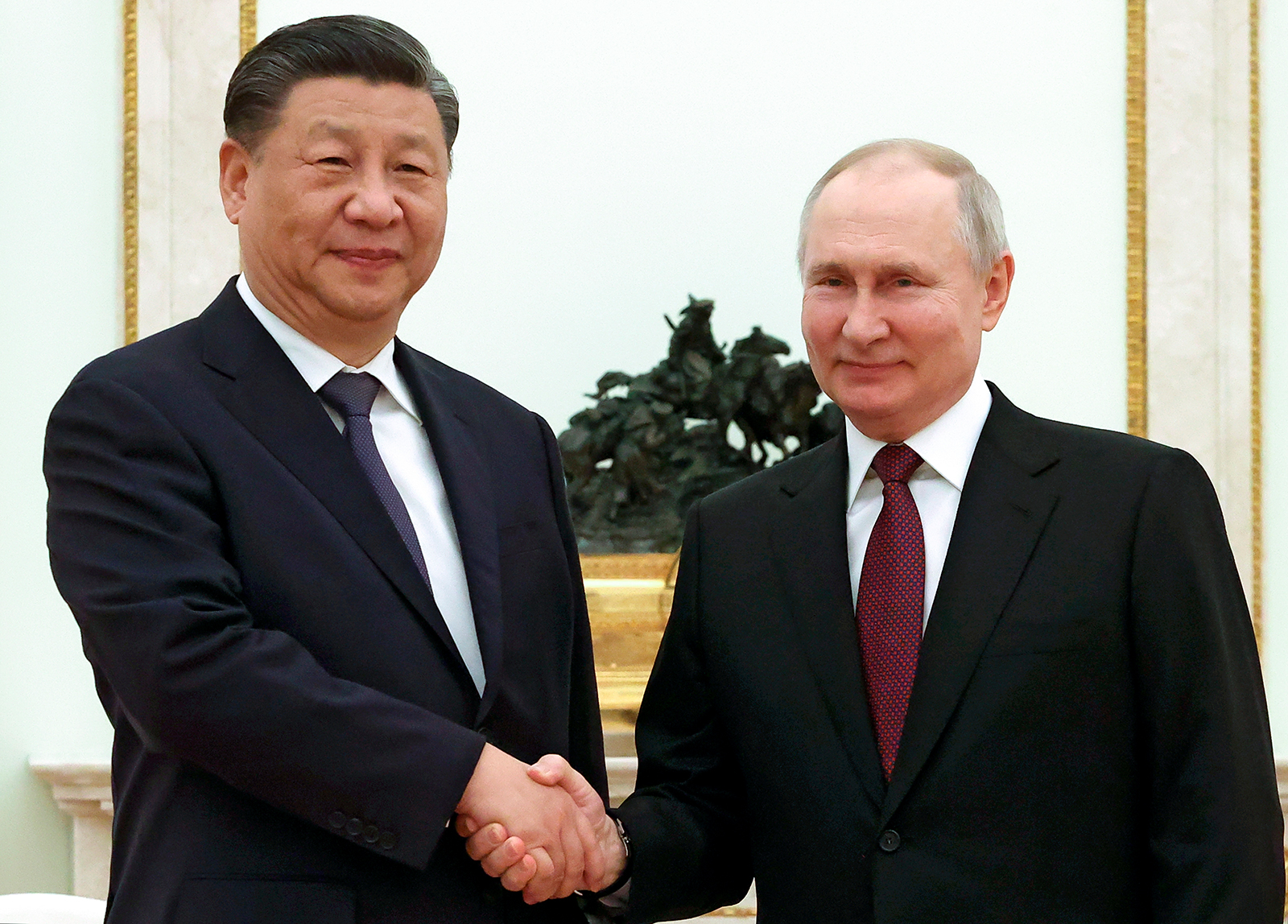
China has voiced support for Russia after a short-lived insurrection posed the gravest challenge to the 23-year rule of Vladimir Putin, a close partner of Chinese leader Xi Jinping in his push for a new world order and strategic alignment against the US.
A day after Wagner mercenary fighters turned back from their march toward Moscow, ending a brief and chaotic uprising by warlord Yevgeny Prigozhin, Beijing released its first comment on what Putin had called an “armed rebellion.”
“This is Russia’s internal affair,” a Chinese Foreign Ministry spokesperson said in a terse statement posted online late on Sunday night.
“As Russia’s friendly neighbor and comprehensive strategic partner of coordination for the new era, China supports Russia in maintaining national stability and achieving development and prosperity,” it said.
Beijing’s carefully crafted public comment came well after the brief mutiny had dissipated, with Prigozhin agreeing on Saturday to pull back his fighters in a deal with the Kremlin that would reportedly see him enter into exile in Belarus.
It also came after Russian Deputy Foreign Minister Andrey Rudenko flew to Beijing to meet with Chinese officials on Sunday, where the two sides reaffirmed their close partnership and political trust.
China’s Foreign Minister Qin Gang and Rudenko exchanged views on “Sino-Russian relations and international and regional issues of common concern,” the Chinese Foreign Ministry said in a one-line statement posted on its website, with a photo showing the pair walking side by side while smiling.
Russia’s Foreign Ministry said Rudenko also held “scheduled consultations” with China’s Deputy Foreign Minister Ma Zhaoxu.
Editor's Note: A version of this post appeared in CNN’s Meanwhile in China newsletter, a three-times-a-week update exploring what you need to know about the country’s rise and how it impacts the world. Sign up here and read the full story here.
Inside the White House response to the insurrection in Russia
From CNN's Kevin Liptak in Washington
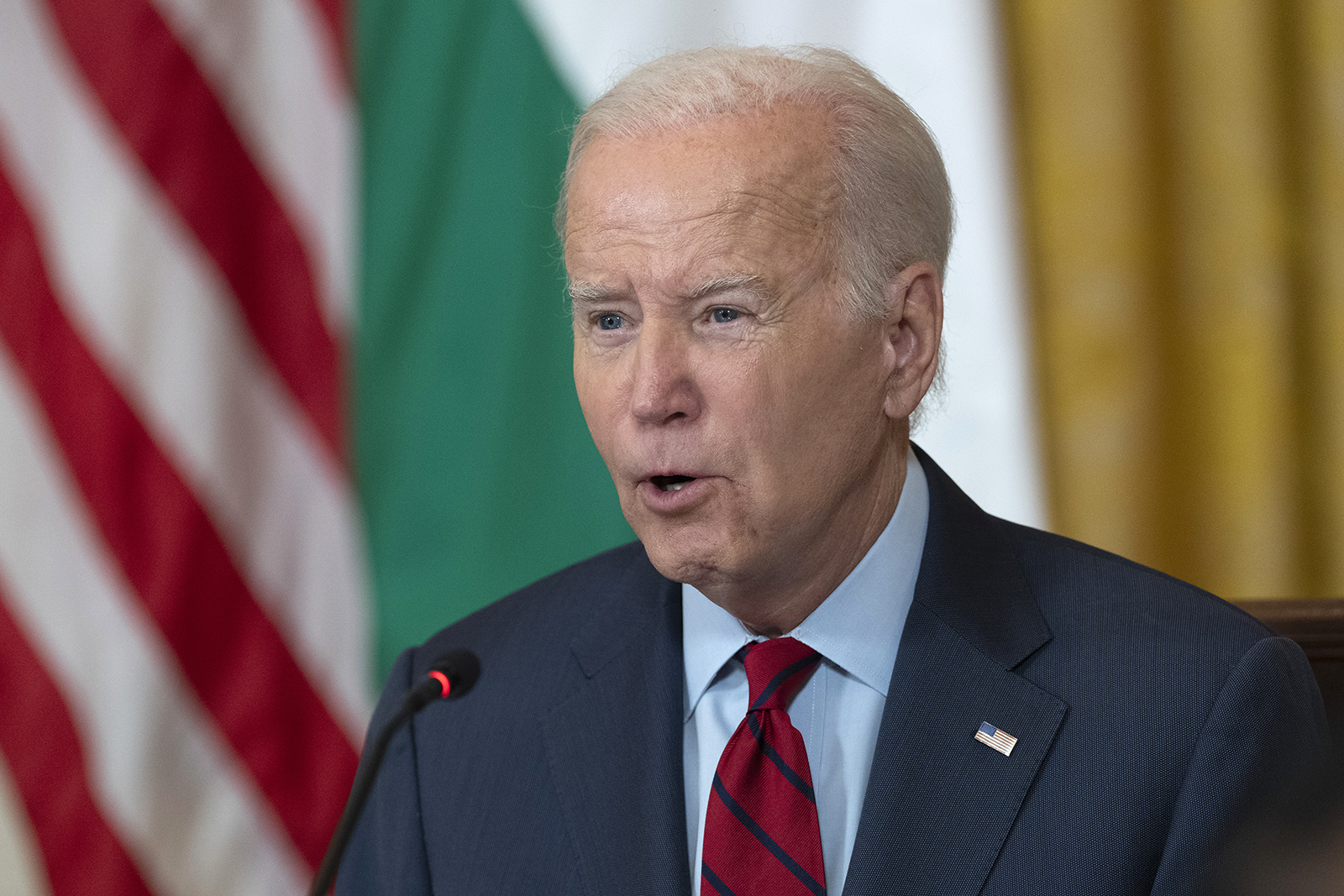
As President Joe Biden was walking from the White House residence to a briefing on the unfolding crisis in Russia, not much was certain.
It wasn’t obvious, for example, how a column of Wagner group mercenaries rapidly advancing toward Moscow might affect the war in Ukraine. Nor was it clear whether Russian troops under the command of President Vladimir Putin had the will to fight them.
One thing, however, did seem apparent: whatever was happening on the M-4 highway in southern Russia had the potential to change the course of what has become a presidency-defining conflict.
Never in the 16 months since Russia invaded Ukraine has Putin’s grip on power appeared as unsteady as it did this weekend. For Biden, the moment was a reminder of how unpredictable the crisis remains, even as American officials pore over intelligence for signs that Putin’s power is slipping.
A primary objective has been denying Putin a pretext for accusing the West of wanting him dead.
In a phone call with French President Emmanuel Macron, German Chancellor Olaf Scholz and British Prime Minister Rishi Sunak, Biden emphasized the imperative in not lending any credibility to expected claims from Putin of Western interference.
The message, according to people familiar with the call, was to keep the temperature low and allow whatever was happening on the ground in Russia to play out. As Biden has told his team for months, his goal is to prevent “World War III.”
A similar message went out from Washington to American embassies, who were told, if asked by their host governments, to convey “the United States has no intention of involving itself in this matter.” Otherwise, the diplomatic outposts were instructed to “not pro-actively engage host government officials” on the matter, according to a person familiar with the message.
A message was also sent to the Russian government from the administration reinforcing that the US would not get involved, according to people familiar with the matter.
Now, Biden and his team are working to make sense of the past days’ events and determine what is next. The abrupt agreement brokered by Belarus to end the crisis has hardly given American officials confidence that the situation is entirely defused. If anything, it could reinforce existing doubts inside Russia about Putin’s leadership, according to US officials.
Read more here.
Wagner insurrection shows "cracks" emerging in Putin's rule, Blinken says
From CNN's Shawna Mizelle in Washington
US Secretary of State Antony Blinken said Sunday that the brief and chaotic insurrection in Russia led by the Wagner paramilitary group shows “cracks” in Russian President Vladimir Putin’s role as a leader of the country.
“This is just an added chapter to a very, very bad book that Putin has written for Russia. But what’s so striking about it is, it’s internal,” Blinken told CNN’s Dana Bash on “State of the Union,” describing the situation as “extraordinary.”
“The fact that you have from within someone directly questioning Putin’s authority, directly questioning the premises that — upon which he launched this aggression against Ukraine. That, in and of itself, is something very, very powerful. It adds cracks. Where those go, when they get there, too soon to say, but it clearly raises new questions that Putin has to deal with,” he said.
The comments from the nation’s top diplomat underscore the short-lived intensity of a crisis that started when Yevegeny Prigozhin, the head of the Wagner Group, marched his fighters toward Moscow, taking control of Russian military facilities along the way.
Prigozhin on Friday openly accused Russia’s military of attacking a Wagner camp and killing a “huge amount” of his men. For months, he had railed against Russian Defense Minister Sergei Shoigu and the country’s top general, Valery Gerasimov, whom he blames for Moscow’s faltering invasion of Ukraine.
The Kremlin responded to the show of force from the Wagner Group by deploying heavily armed troops to the streets of Moscow and warning residents to stay indoors.
By Saturday afternoon, the Kremlin said a deal had been reached to end the insurrection, with Prigozhin heading to neighboring Belarus and Wagner fighters turning back from their march.
US intelligence had painted a grim picture, with the expectation that Prigozhin’s march toward Moscow would encounter much more resistance and be “a lot more bloody than it was,” according to one US official.
Read more here.
The status of Wagner's Prigozhin remains uncertain as Russia aims to regulate mercenary group. Here's the latest
From CNN staff
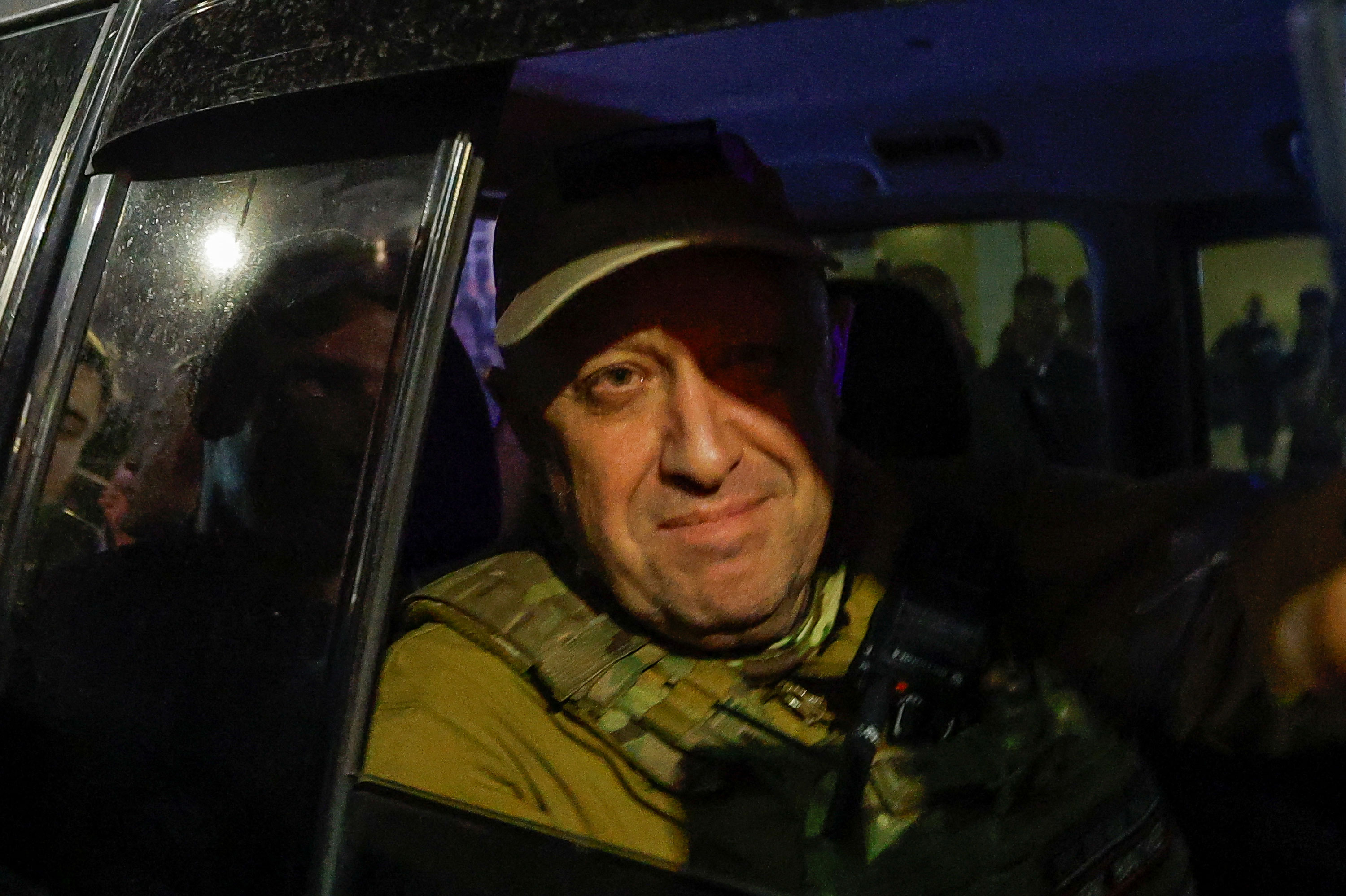
The Russian State Duma, or lower house of parliament, is working on a law to regulate the Wagner Group, according to Andrey Kartapolov, head of the Defense Committee.
There’s been considerable speculation about Wagner’s future since its chief, Yevgeny Prigozhin, launched a rebellion this weekend.
Prigozhin was last seen leaving Rostov-on-Don late on Saturday in a black SUV after the Kremlin said a deal had been brokered by Belarusian President Alexander Lukashenko in which Prigozhin had agreed to go to Belarus and end his rebellion.
Prigozhin himself has not confirmed the deal.
Meanwhile, the official Belarus news agency said Sunday that Lukashenko spoke on the phone with Russian President Vladimir Putin again on Sunday morning.
Belarusian officials tell CNN they have no details on what Prigozhin’s status will be in Belarus and could not confirm whether Prigozhin had already arrived in the country.
Here are the latest developments:
- Moscow’s Red Square blocked off after Wagner insurrection: A CNN team observed Moscow’s Red Square blocked off on Sunday, a day after Wagner boss Yevgeny Prigozhin called off his short-lived insurrection. Metal partitions were seen blocking access to the city center and a few security officers were present. Pedestrians were walking on the streets next to the square. Red Square was also closed off on Saturday.
- UN secretary general calls for deescalation: UN Secretary-General António Guterres on Sunday urged all parties involved “to act responsibly and with a view to avoid further tensions” in a statement released in response to recent events in Russia.
- US secretary of state says the situation in Russia is extraordinary: "First of all, what we've seen is extraordinary. And I think you've seen cracks emerge that weren't there before,” US Secretary of State Antony Blinken said, citing in part Wagner boss Yevgeny Prigozhin questioning the premise of Russia’s war in Ukraine.
- Biden urges allies to not give credibility to Putin's claims of Western interference: US President Joe Biden's primary objective following the Wagner insurrection in Russia has been denying Putin's pretext for accusing the West of wanting him dead. In a phone call with allies, Biden emphasized the imperative of not lending any credibility to expected claims from Putin of Western interference. Biden also reaffirmed the US commitment to Ukraine in a call with President Volodymyr Zelensky on Sunday, the White House said. They discussed the situation in Russia and Zelensky later tweeted: “The world must put pressure on Russia until international order is restored."
- Zelensky consults with allies: Ukrainian President Volodymyr Zelensky said he has discussed the weekend’s events in Russia with several world leaders, including US President Joe Biden, Canadian Prime Minister Justin Trudeau and Polish President Andrzej Duda.
- US expected "a lot more bloodshed" in Russia: As the picture became more clear to US intelligence analysts that Yevgeny Prigozhin was about to mobilize his Wagner troops inside Russia, the expectation was that his march toward Moscow would encounter much more resistance and be “a lot more bloody than it was.” There was a surprise, a US official said, that Russia’s professional military didn’t do a better job of confronting Wagner troops as they moved into Rostov and up toward Moscow.
- Senior Russian diplomat visits Beijing: The Russian Ministry of Foreign Affairs on Sunday issued a readout of a meeting in Beijing between Russian Deputy Minister of Foreign Affairs Andrey Rudenko and China's top diplomats. According to the statement, the discussion also included the upheaval in Russia during the Wagner mercenary group's open mutiny.
Biden and Trudeau speak following events in Russia, White House says
From CNN’s Sam Fossum
US President Joe Biden and Canadian Prime Minister Justin Trudeau spoke Sunday following the short-lived insurrection by Yevgeny Prigozhin and his fighters from the Wagner private military company, the White House announced.
“The leaders affirmed their unwavering support for Ukraine and discussed the situation in Russia," according to a White House readout of the call.
Earlier on Sunday, Biden spoke with Ukrainian President Volodymyr Zelensky about developments in Russia.
Biden is currently at Camp David and is expected to return to the White House on Sunday evening.
Analysis: The bizarre and chaotic 36 hours that showed Putin at his weakest in 23 years
From CNN's Nick Paton Walsh
Desperately projecting that everything is as it was, the Kremlin is only emphasizing how much has changed.
These were 36 hours that provided a glimpse of the end of Russian President Vladimir Putin’s rule. Almost every action was improbable, at best a week ago – much was inconceivable, 17 months ago.
A loyal henchman, Yevgeny Prigozhin, slams the premise of the invasion of Ukraine, then claims an airstrike targeted his troops, before taking a major military town without clashes, and then marching to within a few hundred miles of Moscow. But suddenly he executes a baffling reversal, turning back to avoid bloodshed, as the Kremlin claims Alexander Lukashenko, the president of Belarus whom Putin seems to treat with contempt, brokered a dramatic reprieve, in which the insurrectionist who has his armor bound for Moscow, now opts for exile in Minsk.
Even as the dust settles, it still makes little sense. It is important to remember we have yet to hear from Prigozhin that he has accepted exile in Belarus and see evidence his units have genuinely all stood down. He is an open proliferator of misinformation. We should be equally suspicious of the apparent bow with which Kremlin spokesperson Dmitry Peskov tried to tie this startling episode up with on Saturday night. Two hours earlier, Wagner's forces were at the gates of the capital (almost), and then suddenly everything is forgiven.
There are large parts of this story missing. We may never learn what they are. Many emotions could have altered Prigozhin’s course. Was the advance north too easy? Did he accept entering the capital would leave his men vulnerable, even to a weak Russian military response? Was the regular military not joining him in large enough numbers? Did he believe a climbdown would only grow his support? While on the surface, Prigozhin’s climbdown makes him appear weak, even finished, he has been the decision-maker over the past 36 hours.
Putin has been left reacting. Silent initially, and then bombastically angry and confident, promising “inevitable punishment” for the “scum.” But hours later, this was all forgotten. Putin’s emotional state – were it known – is arguably less revealing than his actions. By letting Prigozhin go, and apparently sweeping the entire insurrection under the carpet, he’s appeared the weakest yet in 23 years.
Zelensky discusses rebellion in Russia with several world leaders
From CNN's Mariya Knight in Atlanta
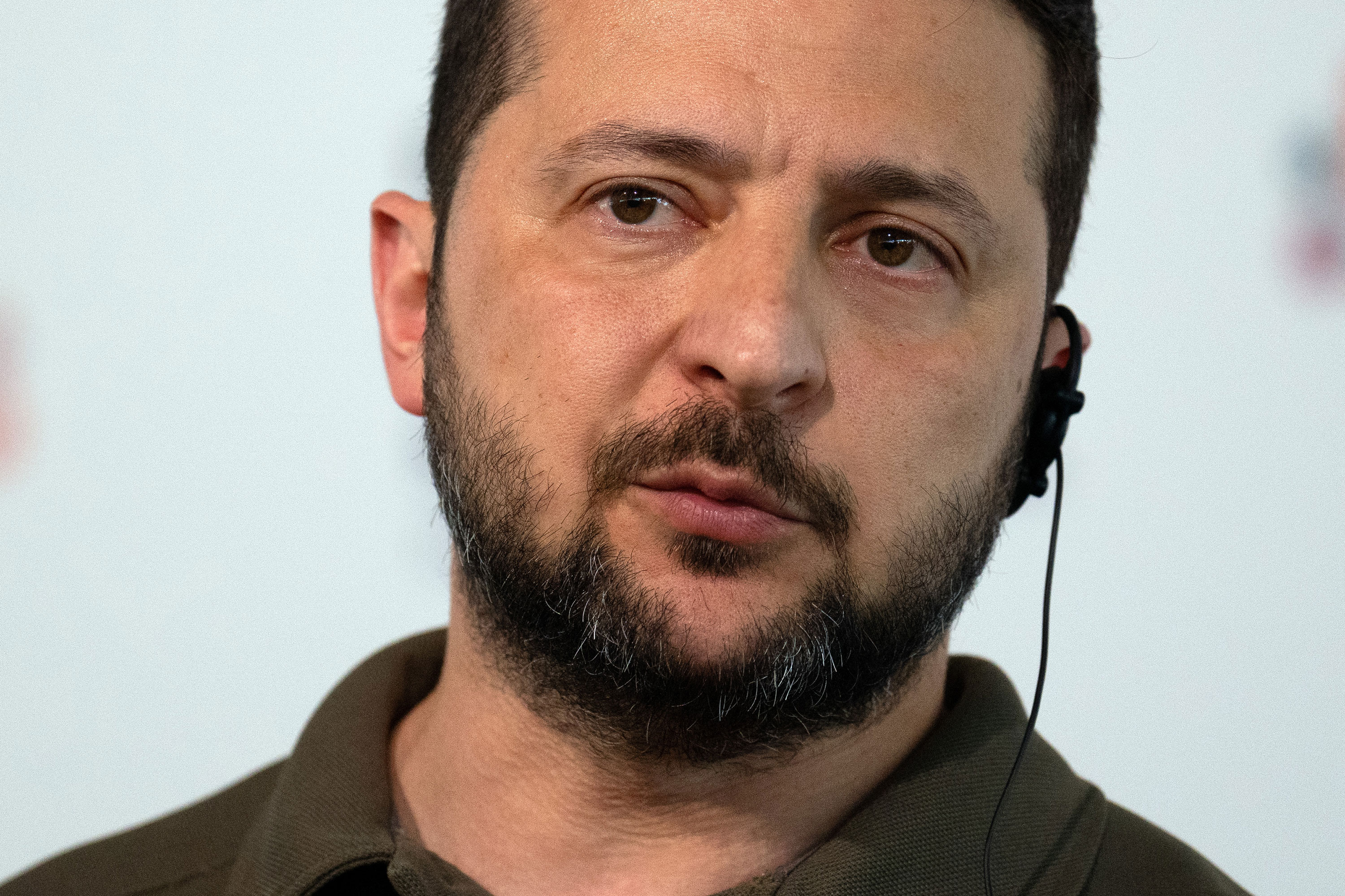
Ukrainian President Volodymyr Zelensky said he has discussed the weekend’s events in Russia with several world leaders, including US President Joe Biden.
Zelensky said he also spoke Sunday with Canadian Prime Minister Justin Trudeau and Polish President Andrzej Duda.
“We have exchanged our assessments of what is happening in Russia. We see the situation in the same way and know how to respond,” Zelensky said, adding, “Russian aggression is gradually returning to its home harbor.”
Zelensky, who in an earlier Telegram post described his conversation with Biden as “positive and inspiring,” said his discussions also included the frontline situation and further strengthening of Ukrainian forces.
Ukrainian Defense Minister Oleksii Reznikov said he has spoken with US Defense Secretary Lloyd Austin about events in Russia as well as Ukraine's counteroffensive.
“We agree that the Russian authorities are weak and that withdrawing Russian troops from Ukraine is the best choice for the Kremlin. Russia would be better served to address its own issues,” Reznikov said in a tweet.